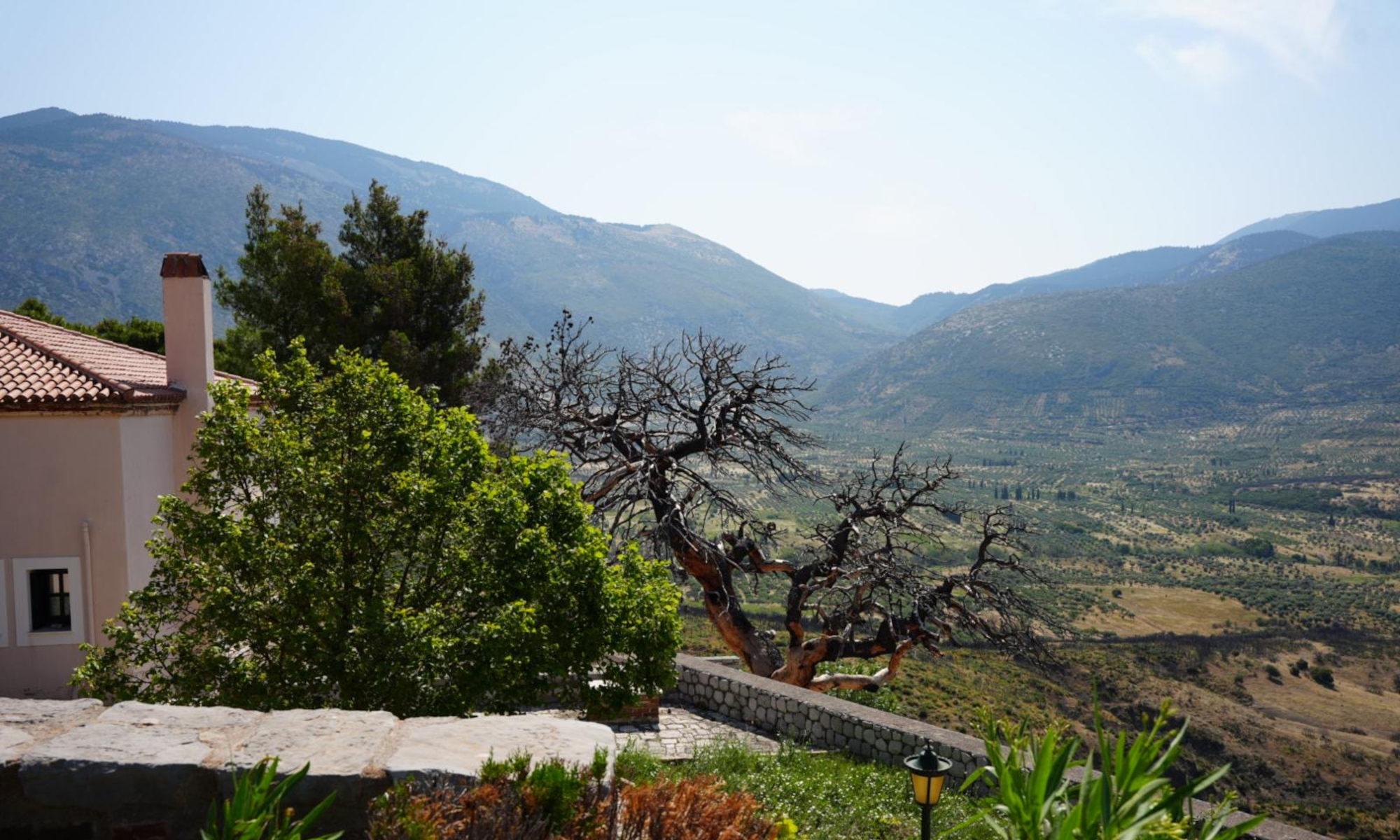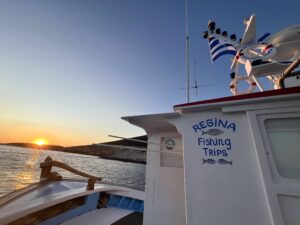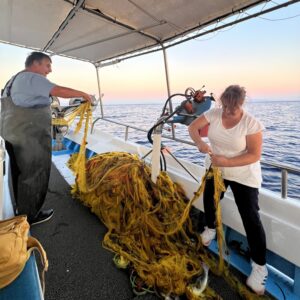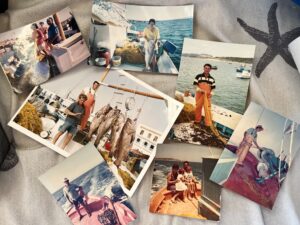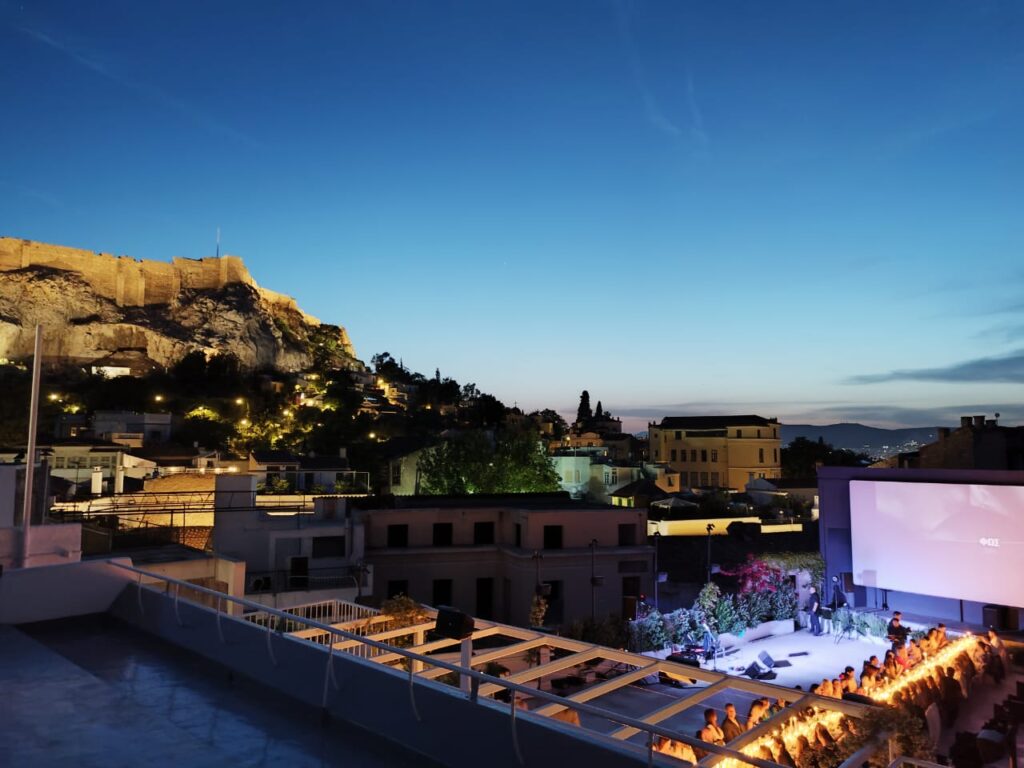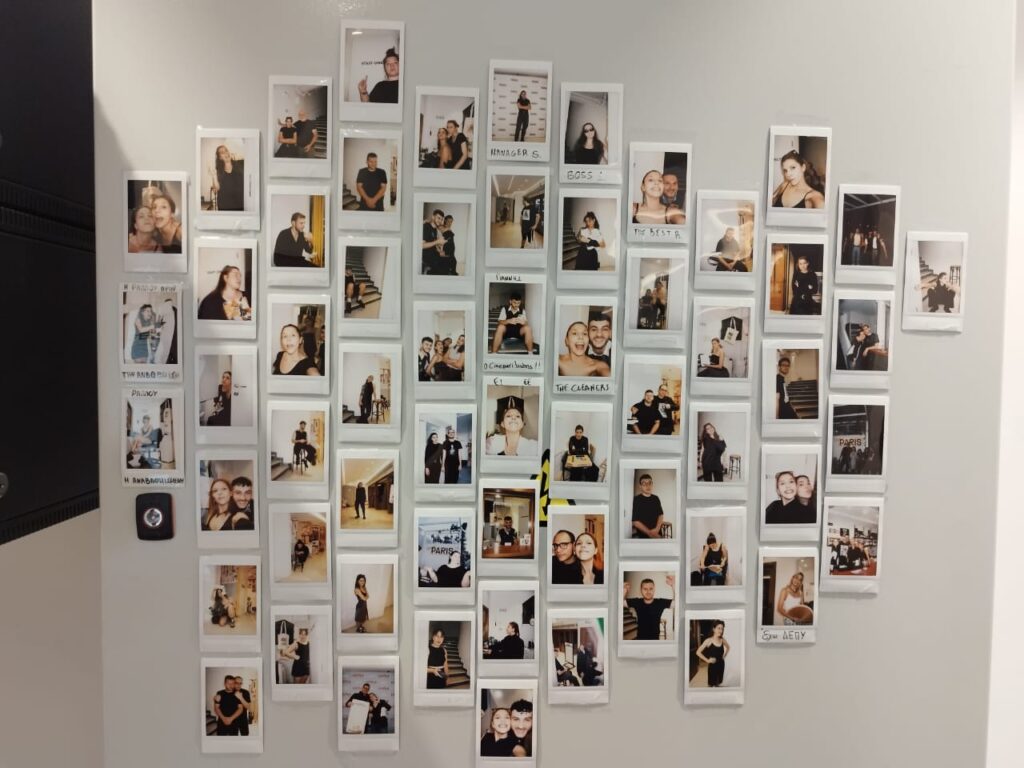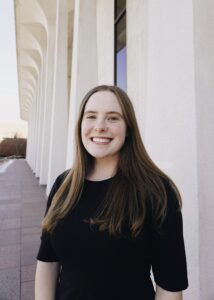By Megan Cameron
Maria Mavrogianni was curled up in a fetal position on the ground, waiting for the music to begin. Cars passed through Pangrati in central Athens, trying to catch a glimpse of the spectacle that had drawn the eager crowd to gather outside the neighborhood’s Holy Church of Saint Spyridon on a recent Tuesday evening.
To her surprise, Mavrogianni had been asked to do this performance by the Municipality of Athens as a part of the Summer in Athens 2025 festival. The month-long program, which began on June 21st and ends on July 20th, involves over 57 events at more than 41 cultural venues around the city, all free to the public. The mayor of Athens, Haris Doukas, described the festival in a recent article from iefimerida as “proof that culture can be everywhere, addressed to everyone and even without a ticket.”
Having the opportunity to dance at festivals like this means a lot to Mavrogianni, who grew up dancing on the island of Crete. Though she now lives in Paris, where she has dedicated her life to performing and developing her craft, she doesn’t like to describe herself as a professional dancer.
“When it comes to art, it is not the payment that makes it professional,” she said. The primary reason that she chooses to dance, especially in Greece, is because she sees it as “a way of giving back to her country.” When performing, she hopes to “inspire people to appreciate the art of hip-hop” and “get more involved in dance,” overall.
For over ten years, Mavrogianni specialized solely in classical ballet and contemporary. Now, at 22 years old, she describes her current style as “contemporary hip-hop freestyle.” This fusion occurred after she left home to study chemistry in Thessaloniki. This is where she witnessed and participated in her first hip-hop battle, an event where groups and individual dancers compete to improvise the best freestyle combinations.
The fast pace of the battles was “really hard in the beginning” for Mavrogianni because she was “losing everything” as soon as her performance would start. In spite of this, she kept coming back every week, which she believes has made her a stronger person and dancer.
In Greece, “Athens is the best place to be if you want to dance,” Mavrogianni said. “Thessaloniki for hip-hop.” There, she has found the street-style community to be much more supportive compared to the competitive and unfriendly battle scenes she has encountered in Paris. Since the community is smaller in Thessaloniki, she says dancers “don’t have a lot of influence, but it’s easy to grow because people are hugging you in a way.”
In addition to participating in festivals, Mavrogianni encourages others to join this unique community by leading workshops for people in Greece to learn about and explore hip-hop styles. She also helps run and organize community hip-hop jams with her friends in Thessaloniki.
Every time she dances, Mavrogianni says she evolves. She had done the solo she was set to perform at the Summer in Athens festival hundreds of times, but its current form is completely different from the first version she had created for a university assignment in November of 2024. “It’s really about what I have inside of me during a specific period of time,” she said. “It’s never the same.”
She wore a calf-length dress with green and yellow flowers which made her light pink hair stand out. Mavrogianni only had herself and a small white stool to appease the festival audience—no one, not even her, knew exactly what to expect. This freedom to grow is the beauty of the medium, and something she thinks Greece can benefit from.
